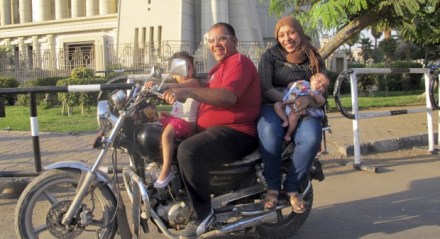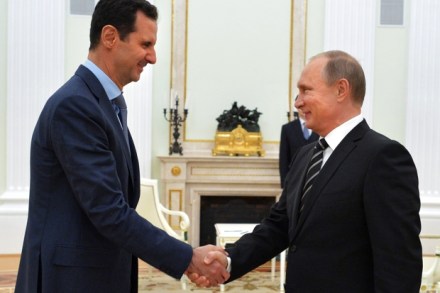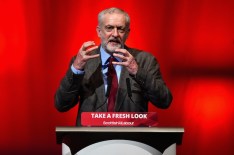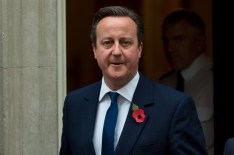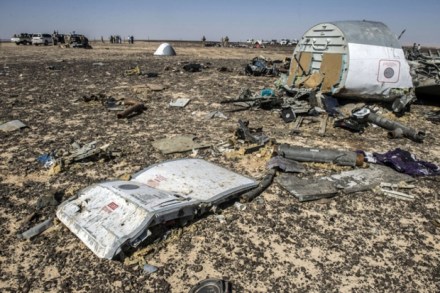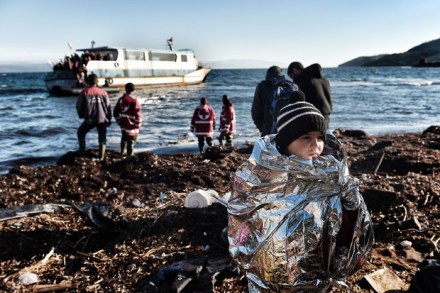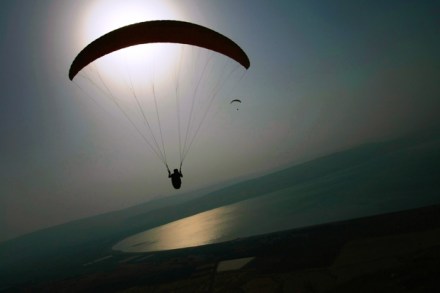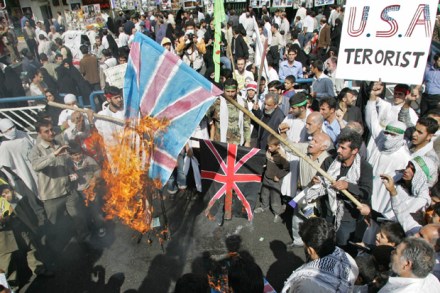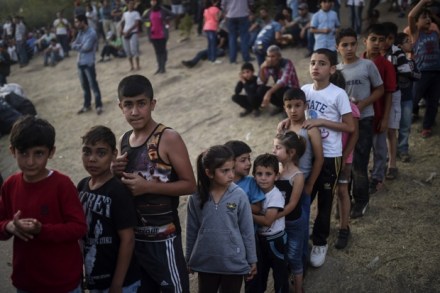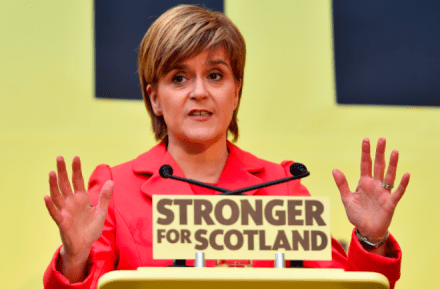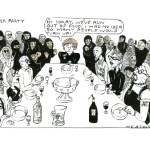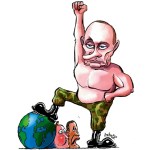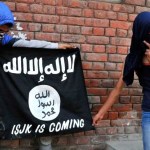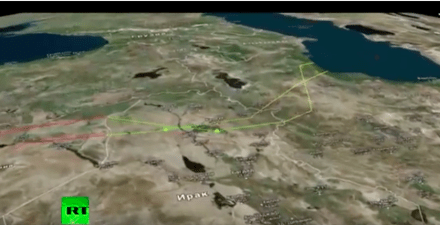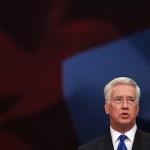Why should we listen to Benedict Cumberbatch on Syrian refugees?
Because I just don’t know what to think about the Syrian refugee crisis — not even after Simon Schama’s powerfully cogent argument on Question Time the other week, where he explained that if you don’t want to house them all in your guest bedroom you’re basically a Nazi — I thought I might pay the scalps a couple of hundred quid or so to see Benedict Cumberbatch as Hamlet at the Barbican. Apparently the really exciting bit isn’t anything he does as the Dane but rather Shakespeare’s rarely performed postscript where Hamlet comes back to life in the terrifying form of a preening, hectoring Old Harrovian luvvie to berate the



